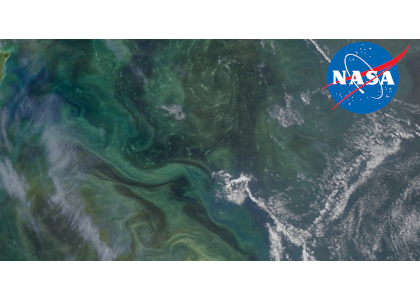Dear Ocean Color Science Community,
We are reaching out to enlist your help. We are creating a new method to develop satellite-based chlorophyll a algorithms using a machine learning (ML) approach called Genetic Programming. This NASA Advanced Information Systems Technology (AIST) project, called the NASA Evolutionary Programming Analytic Center (NEPAC), will create a web-based Graphical User Interface (GUI) to allow Earth Scientists without prior ML experience to configure and apply an objective, fast and efficient ML application to formulate new satellite algorithms. As the first-order proxy for phytoplankton biomass estimation and necessary input for contemporary carbon-based productivity estimates, chlorophyll a (Chl-a) serves as a critical element for global phytoplankton climate assessment. Thus, NEPAC is initially focusing on generating Chl-a algorithms to reduce current Chl-a product uncertainties and anneal the estimation across multiple ocean color satellite missions. Community input is essential to ensure that the GUI utility contains the necessary tools/options to meets the science community’s needs. Thus, we are asking for your help in filling the “NEPAC Requirements” survey!
Please fill out the survey here: https://forms.gle/vd1vM5jiq1KAEymx6
We look forward to receiving your comments.





